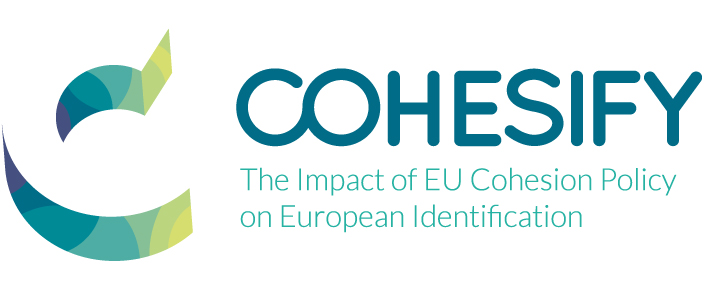
The urban dimension of EU Cohesion Policy
November 2, 2016
Academic: ‘Clear evidence that cohesion policy has a significant impact’www.euractiv.com
November 14, 2016
Do sub-national parties care about European integration and EU Cohesion Policy issues in their election manifestos? Are there any differences between sub-national parties’ stances towards European integration and Cohesion Policy across regions and countries?
Martin Gross from the University of Mannheim, partner in the Cohesify project, sheds light on these questions by analysing sub-national parties’ election manifestos in 37 regions in Germany, Spain, the Netherlands, and the United Kingdom between 2003 and 2016. The exploratory results show that, on average, parties only devote 2.5 to 8 per cent of the manifesto’s content to EU-related issues and that sub-national parties devote much more space to European integration issues than to Cohesion Policy.
If sub-national parties talk about EU-related issues, it is about general aspects of the EU. More than two-thirds of the EU-related content of election manifestos is devoted to EU treaties, directives, regulations (if they do not have any connection to EU funding), and political actors. Furthermore, sub-national election manifestos have been analysed by using “Wordscores”, a fully-computerised method of content analysis, to estimate sub-national party positions on European integration and Cohesion Policy. The results differ between countries, regions, and parties (even varying within party branches).
If these variations are dependent on party family status, on being in government or opposition, on the amount or changes of EU regional funding over time, or on region-specific factors is going to be investigated further. Within the COHESIFY project, Martin Gross is going to conduct a content analysis of party manifestos for one of the upcoming working papers.
Martin Gross’s analysis can be read here .
Dr Martin Gross Mannheim Centre for European Social Research (MZES)

